The Best Games of 2020
December 28, 2020 | 09:00
Companies: #activision #asobo-studio #bethesda #ea #kojima-productions #microsoft #nolla-games #paradox-interactive #ubisoft #valve
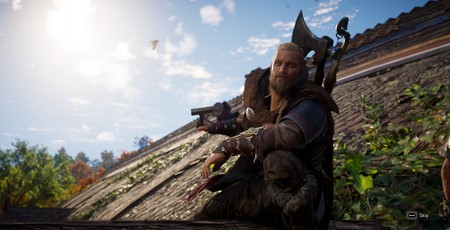
Well, what a great year that was.
NOT.
Wayne’s World level humour is about all I can muster after a year that can get into the bin, then climb into a larger bin, before leaping into an incinerator burning both bins. Remember when half of Australia was on fire, and it seemed like things couldn’t get worse? How innocent we were. Yeesh.
At least the games were alright. Mostly. Gaming hasn’t been quite as adversely affected by the pandemic as other industries, but it’s still been a fairly turbulent year, and I think this is reflected in our rundown of its best games. It’s a list that includes early access launches, delayed console releases, and even a mod, while arguably the biggest game of the year didn’t come close to breaking in.
As always, we count down from 11 rather than ten, because we like a little wiggle room. Also, remember this list is restricted to games that we’ve reviewed or otherwise written about, so you know we’ve given it due consideration. With that said, onward!
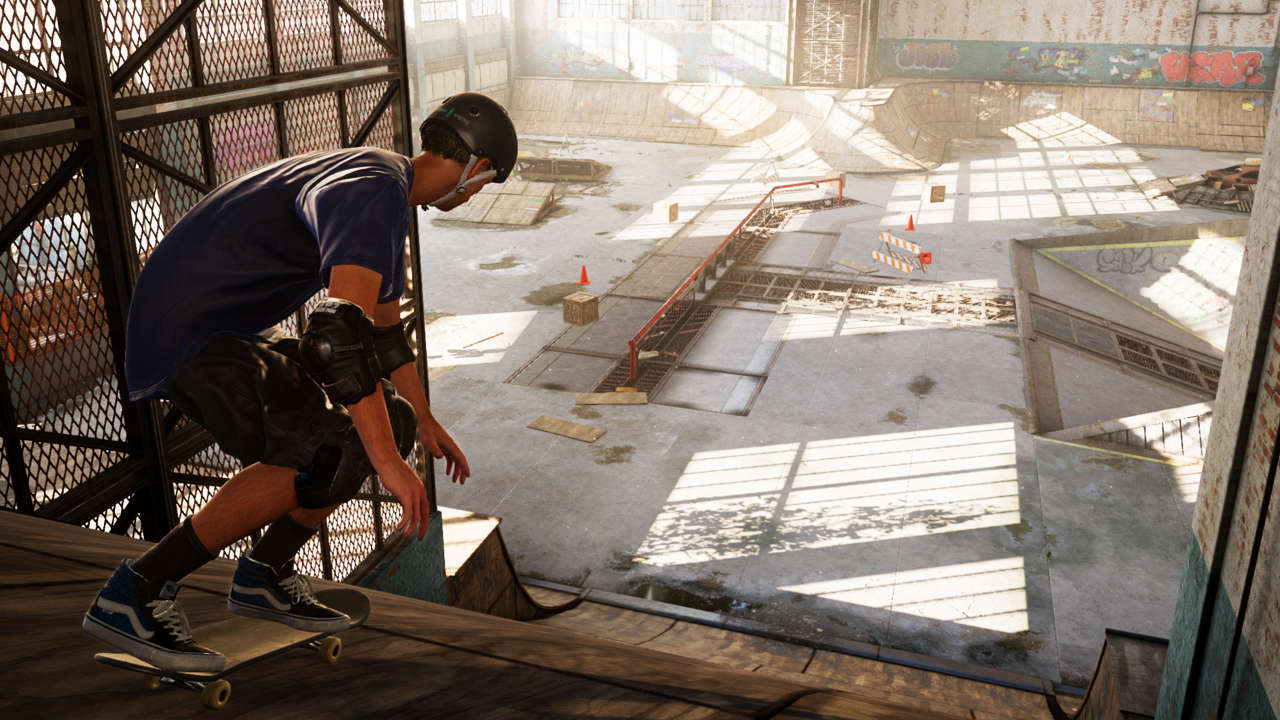
11. Tony Hawk’s Pro Skater 1 + 2
A meticulous remaster, Tony Hawk’s Pro Skater 1 + 2 manually reverts players back to the late nineties. It was a better time. Jeans were baggier, wallets were not complete without a chain, and you could still play multiplayer games without having to buy two of everything.
This remaster perfectly balances updating the game while maintaining its core essence, overhauling the visuals in Unreal Engine 4 and making some small but important tweaks to the game mechanics. The small but open-ended levels are a fantastic antidote to the over-large open worlds of today, while its various competitive modes remain one of the best examples of local multiplayer ever created.
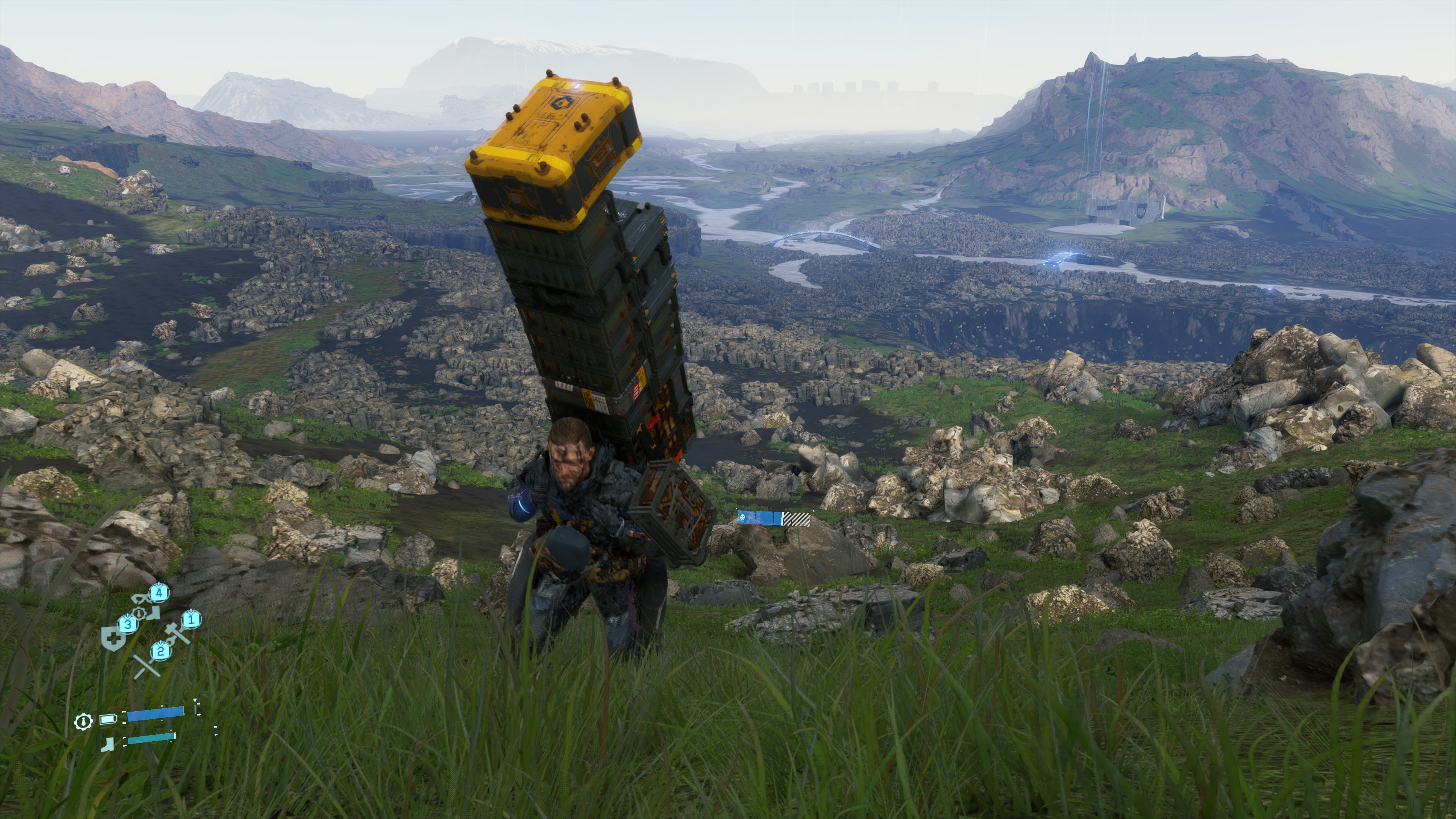
10: Death Stranding
Kojima Productions’ madly ambitious open-world game launched on PS4 last year, but PC players had to wait until this summer to explore its rugged world. I was deeply sceptical about Death Stranding prior to playing it. A sixty-hour long courier simulator sounds about as interesting as a film-studies course run by Michael Owen.
As it turns out, Death Stranding is in fact one of the best examples of open world design. It’s a game dedicated to making the journey the most interesting part of the experience. From a traversal system that requires you think carefully about your movements across the game’s Icelandic terrain, through a wealth of equipment and upgrades that changes your relationship to the landscape over time, to a brilliant collaborative multiplayer where you can pool together with other players to build roads and other infrastructure across the world, Death Stranding thinks carefully about the player’s relationship with the ground under their feet, and that makes for a uniquely tangible open world.
The story may be typical Kojima, overindulgent and ponderously written, but the game design is both engrossing and fascinating, and it might just be my favourite of Kojima’s games.
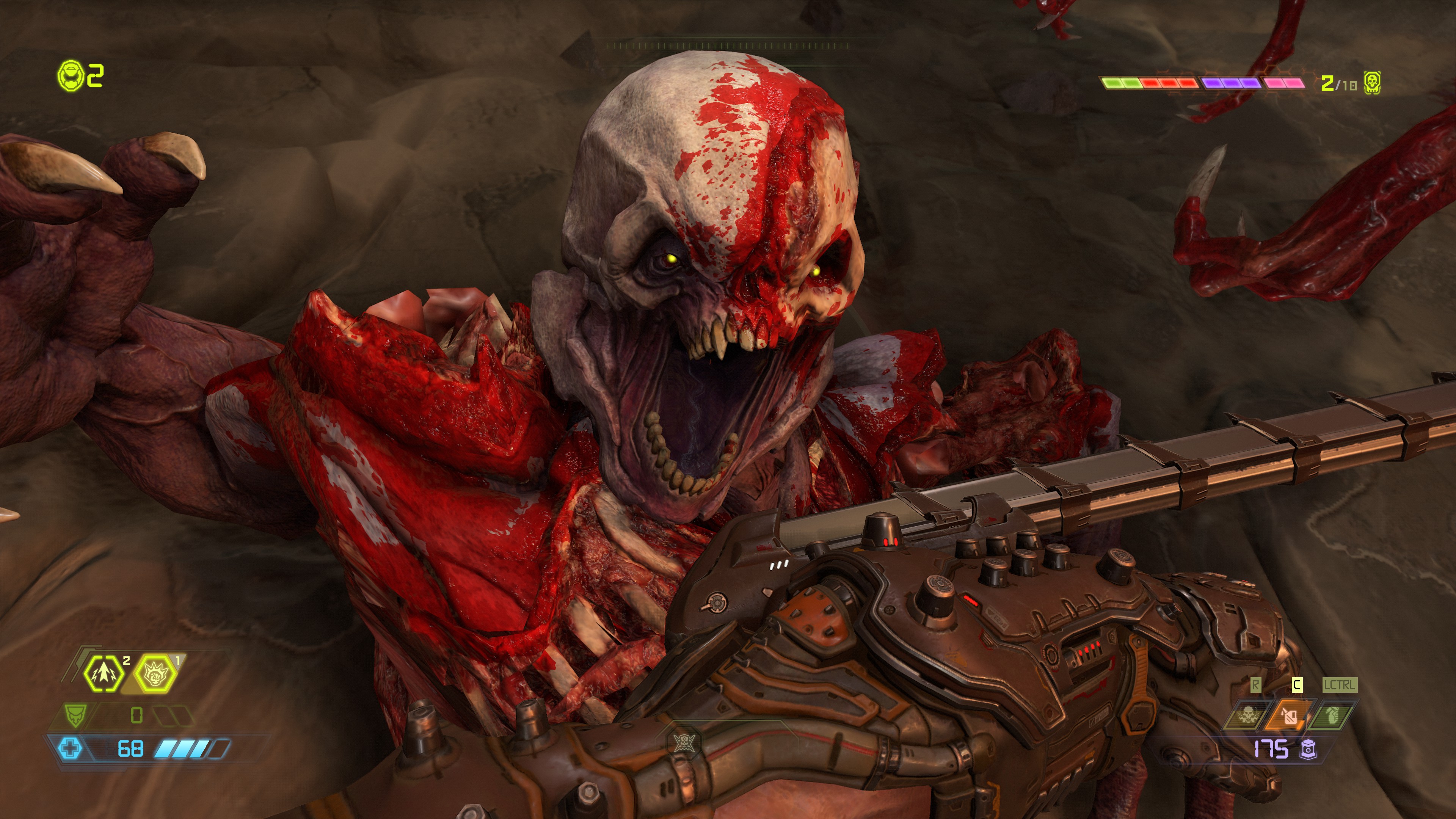
9: Doom Eternal (+ The Ancient Gods expansion)
I was a little disappointed by Doom Eternal on launch. Eternal seemed to needlessly overcomplicate the combat of the 2016 reboot, as well as adding in annoying platforming sections and making the sacrilegious design to put in a proper story. It loved parts of it, but it seemed baggier, messier, and less gripping than the game it was based on.
It wasn’t until I played The Ancient Gods expansion that I truly “got” Doom Eternal. Not only is it a fantastic add-on that hits like a brick coated in nitro-glycerine, it retroactively enhanced the experience of playing the vanilla game. Now I realise that those awkward-
seeming early levels are simply training you for the ferociously challenging later encounters, which the expansion enhances even further. If Part two of the Ancient Gods manages to top Part one, it may well be one of the best expansion packs of all time.
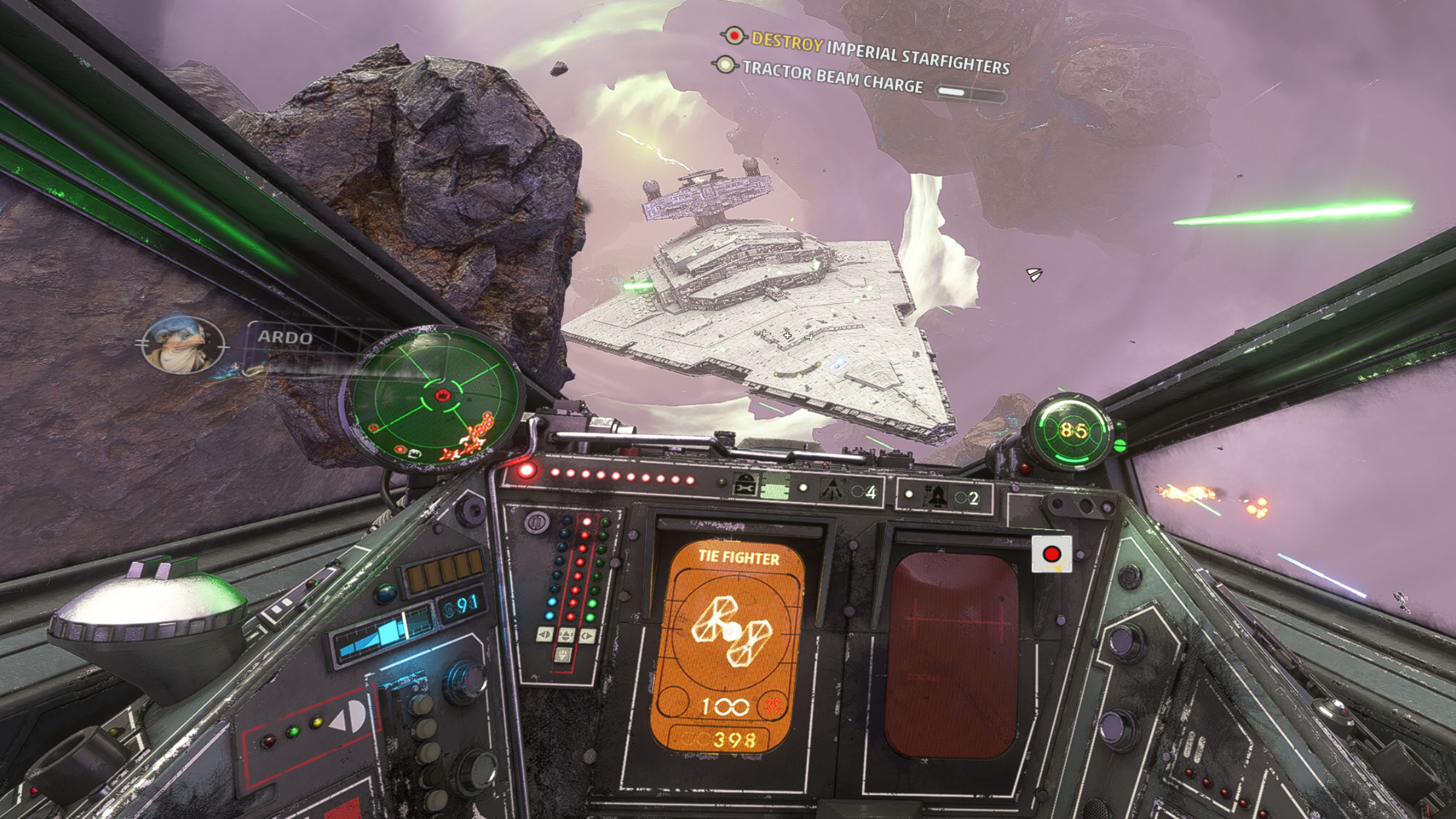
8. Star Wars: Squadrons
It only took SEVEN YEARS, but EA has finally published a genuinely excellent Star Wars game. Squadrons is essentially a modern reboot of the classic X-Wing and TIE Fighter games, putting you in the cockpit of either (plus a whole bunch more ships) as you dogfight for supremacy in the cosmos.
Squadrons both singleplayer and multiplayer experiences. The latter is great, but oddly for an EA game, it’s the former that stands out. Squadrons’ singleplayer campaign is an excellent slice of Star Wars fiction, one that sees you play as pilots on both the Rebel and Imperial forces as the rebels aim to create a superweapon to finish off the Empire after the destruction of the second Death Star. With great characters, a pacey plot, and wonderful high-concept missions (the second rebel mission involves stealing a Star Destroyer), it’s probably the best bit of singleplayer Star Wars since in the original Knights of the Old Republic.
Also, while Squadrons excels on any platforms, if you’ve got a VR headset, it’s an absolute must-play. If you’ve ever wanted to understand just how big a Star Destroyer is, get your goggles on and fly underneath one. Truly transformative stuff.
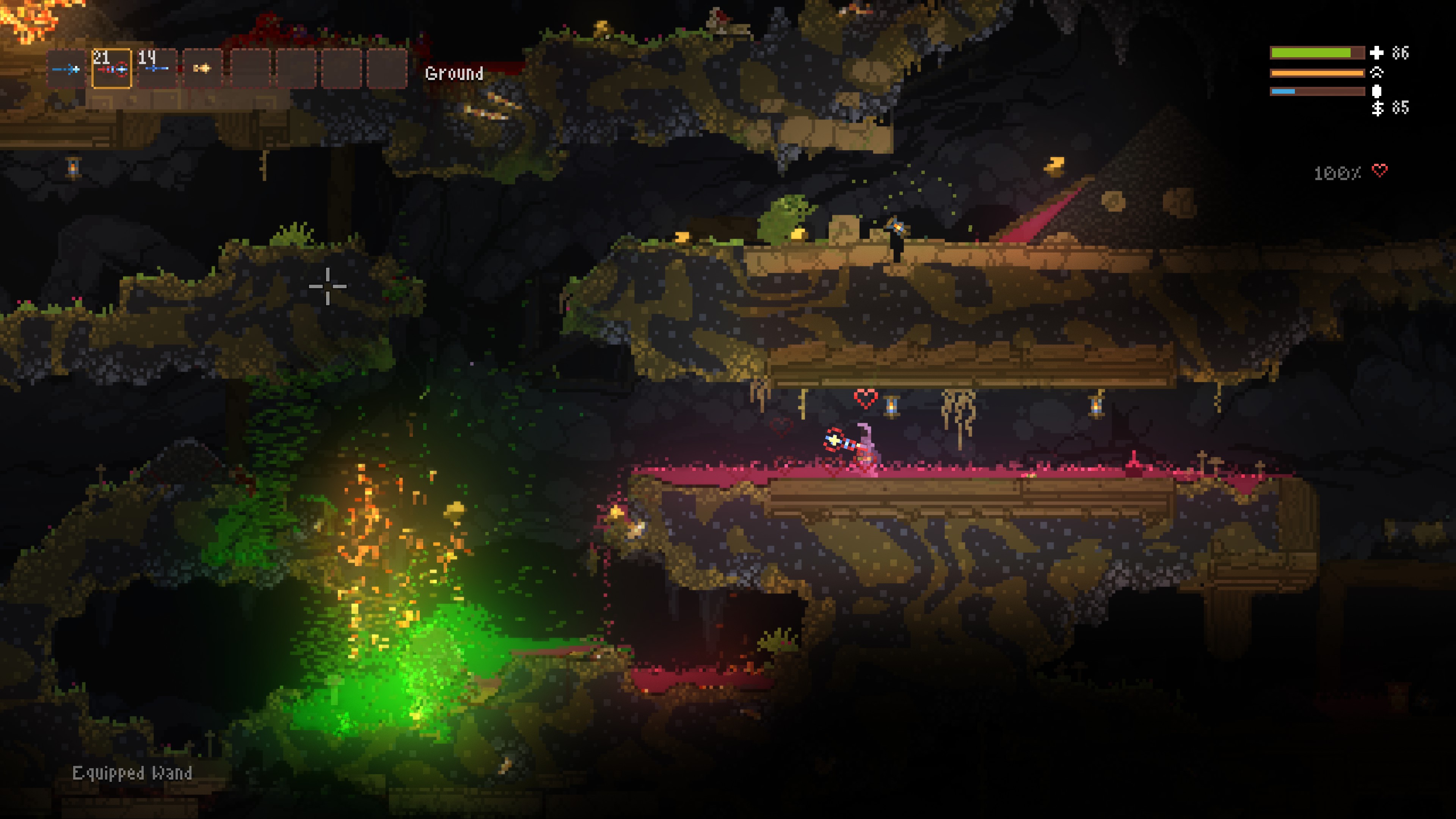
7. Noita
I often like the idea of roguelikes more than I enjoy playing them. I play games primarily for the experience rather than the challenge, searching for the gap between the world and the systems and figuring out how many ways one can connect to the other.
I think this is why Noita gripped me in a way other roguelikes don’t. It goes one step further than the random generation of most roguelikes, actively simulating the elemental properties and chemical reactions of its world. Fire propagates through burnable surfaces like wood, coal and gunpowder. Water will put it out, but so will any other liquid (except for the flammable ones). Acid dissolves everything, including you.
Noita combines this deeply reactive world with a spellcrafting system apparently designed by the ACME corporation. The wands you pick up throughout the world can do anything from creating a rainstorm to firing a nuclear missile. The results, as you’d expect, are spectacular, chaotic, and often deadly.
6. Crusader Kings III
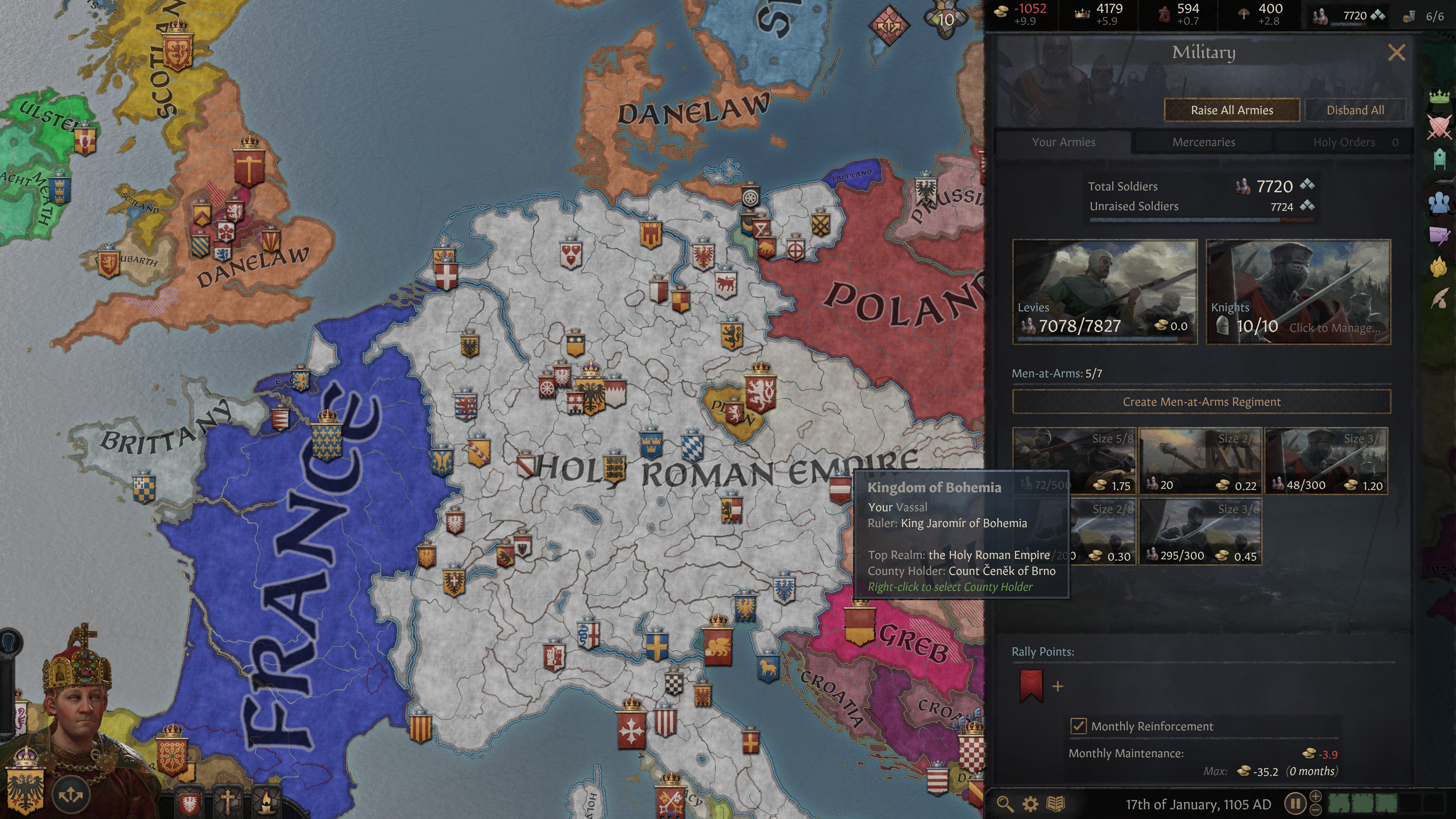
Crusader Kings II was one of the most significant strategy games of the last ten years. Taking a genre that can typically be dry and inaccessible and instilling it with literal character, Crusader Kings blended the usual fare of large-scale conflicts with Game of Thrones-like internal politics and familial struggles (both of which could often be deadly).
Given the phenomenal amount of DLC it has, one could argue that CK II didn’t need a sequel. But Crusader Kings III disproves this brilliantly, taking the ingenious but roughshod premise of its predecessor and simultaneously streamlining it while also deepening the systems. Now it isn’t only your individual rulers who have distinctive personality traits, but your entire dynasty, with personality traits being passed on from parent to child, and your house sculpting its own distinctive way of ruling across time. If you like games that let you create your own stories, look no further than Paradox’s medieval soap opera.
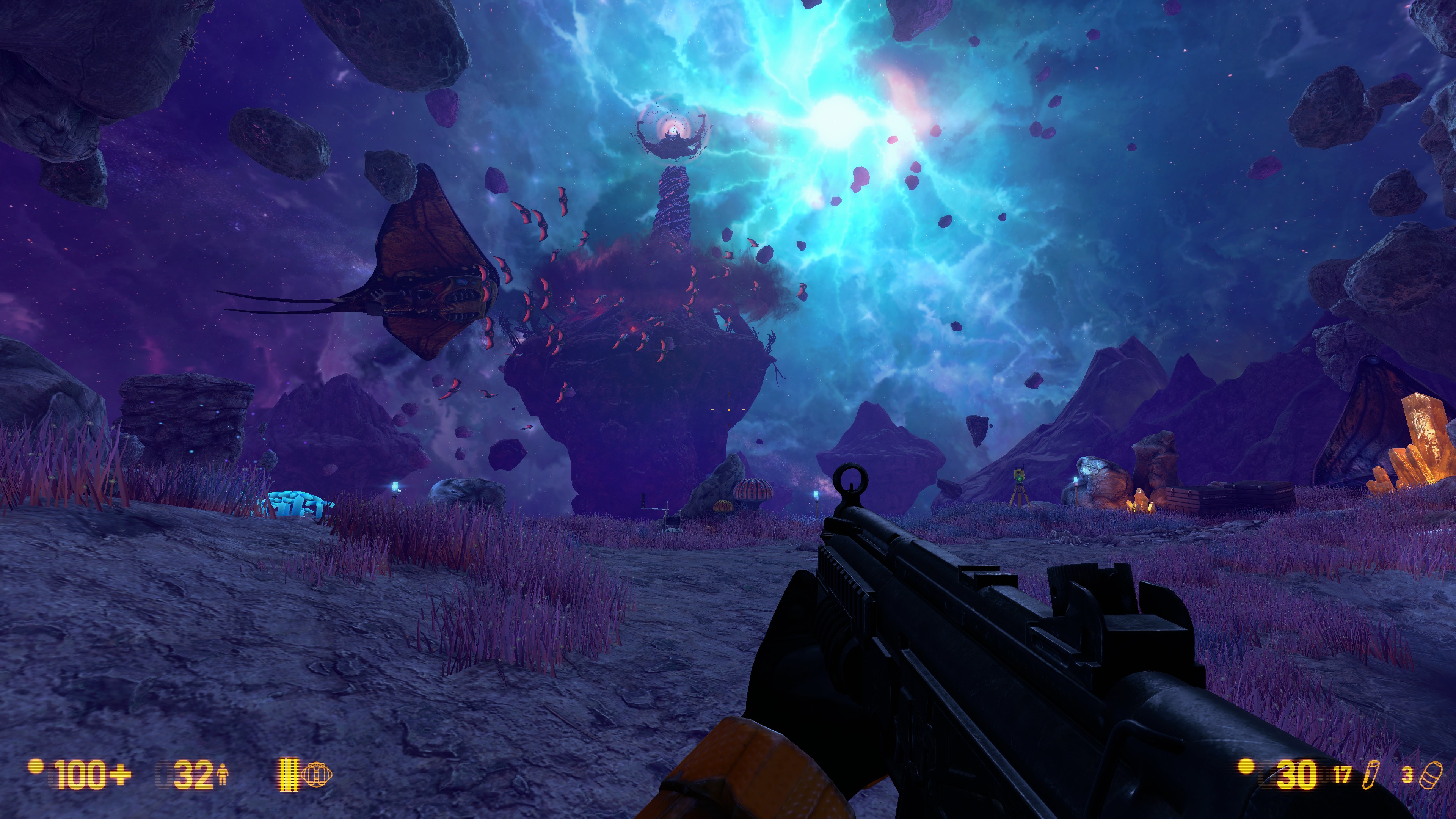
5. Black Mesa
2020 may have sucked in multiple dimensions, but one of its more anomalous positives is that we got not one Half-Life game, but two. Crowbar Collective’s wildly ambitious and clearly impossible mission to remake Half-Life in the Source engine was finally
realised this year, and the results were better than anyone had any right to hope for.
Indeed, to call Black Mesa a remake is in some ways to do it an injustice. It does not simply regurgitate the 1998 shooter with a prettier carapace, it metamorphoses it into something quite different. This is most notable in the newly added Xen levels, which massively expand upon the fleeting and underwhelming final act of the original game. Pushing the Source engine to its technical and artistic limits, Crowbar Collective makes Xen feel like a cogent and fleshed-out world in a way Valve never managed. Now, how long to remake Opposing Force?
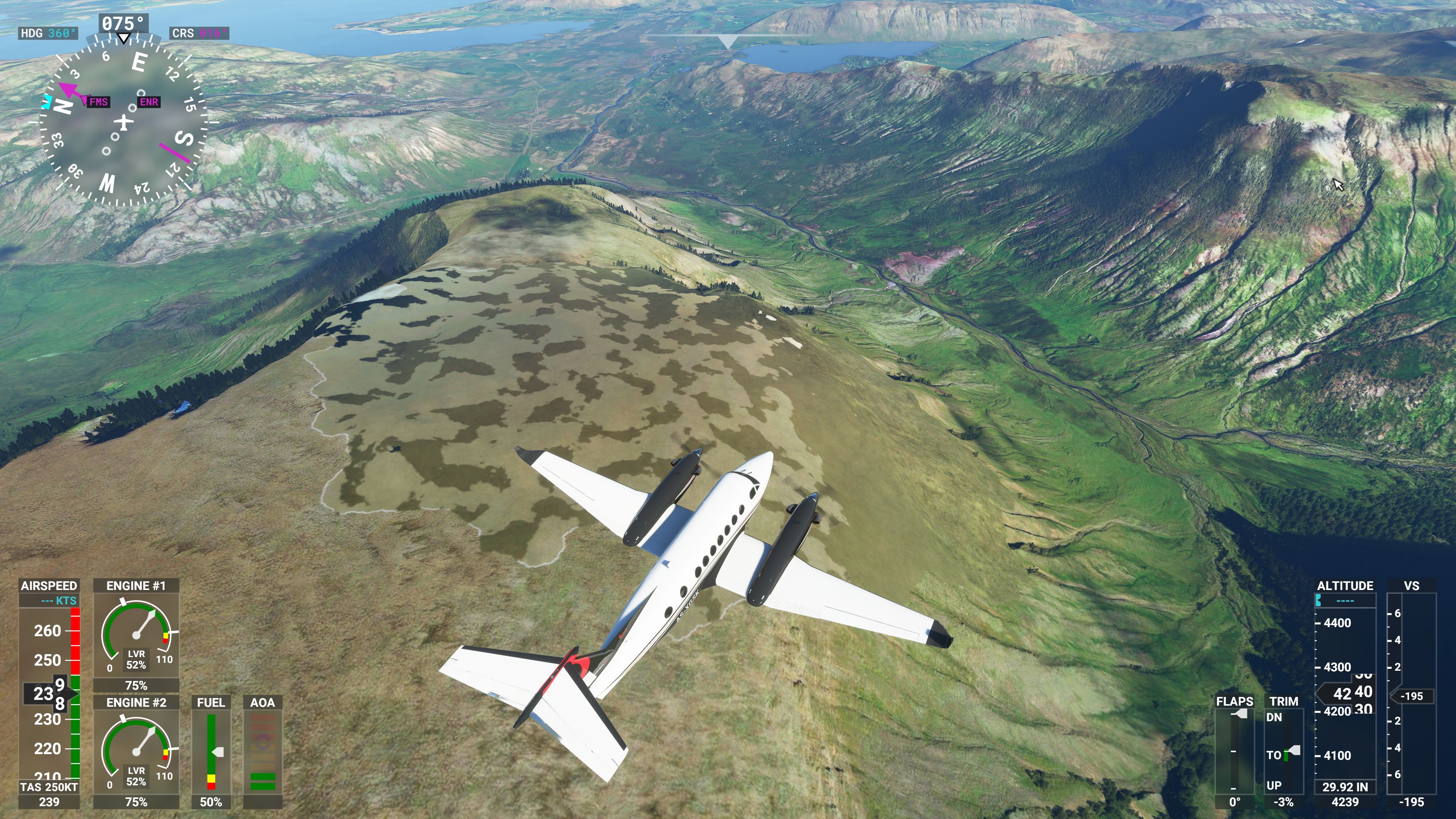
4. Flight Simulator
Microsoft probably couldn’t have timed the release of their new Flight Sim more appropriately. What better remedy for being trapped inside than a game that lets you explore the entire world? Developed by Asobo Studio, Flight Simulator uses a combination of real satellite mapping data and world generation algorithms to produce an astonishingly accurate 3D recreation of the entire flipping globe.
The result of this is a literal world of aviation possibility. Want to explore Earth’s great capital cities? London, New York, Paris, Istanbul? You can do that. Want to fly over Mount Everest? Under the Golden Gate Bridge, or through the Grand Canyon? You can do that. Want to explore places you’ve always wanted to go but are simply beyond your reach, like the Amazon or Antarctica? You can (sort of) do that.
All this, and it’s a genuinely excellent flight sim too. From extensively recreating pre-flight checks and air-traffic control, to a superbly detailed weather simulation with some of the best virtual clouds you’ll ever see. It’s a truly marvellous creation. So long as you like planes, anyway.
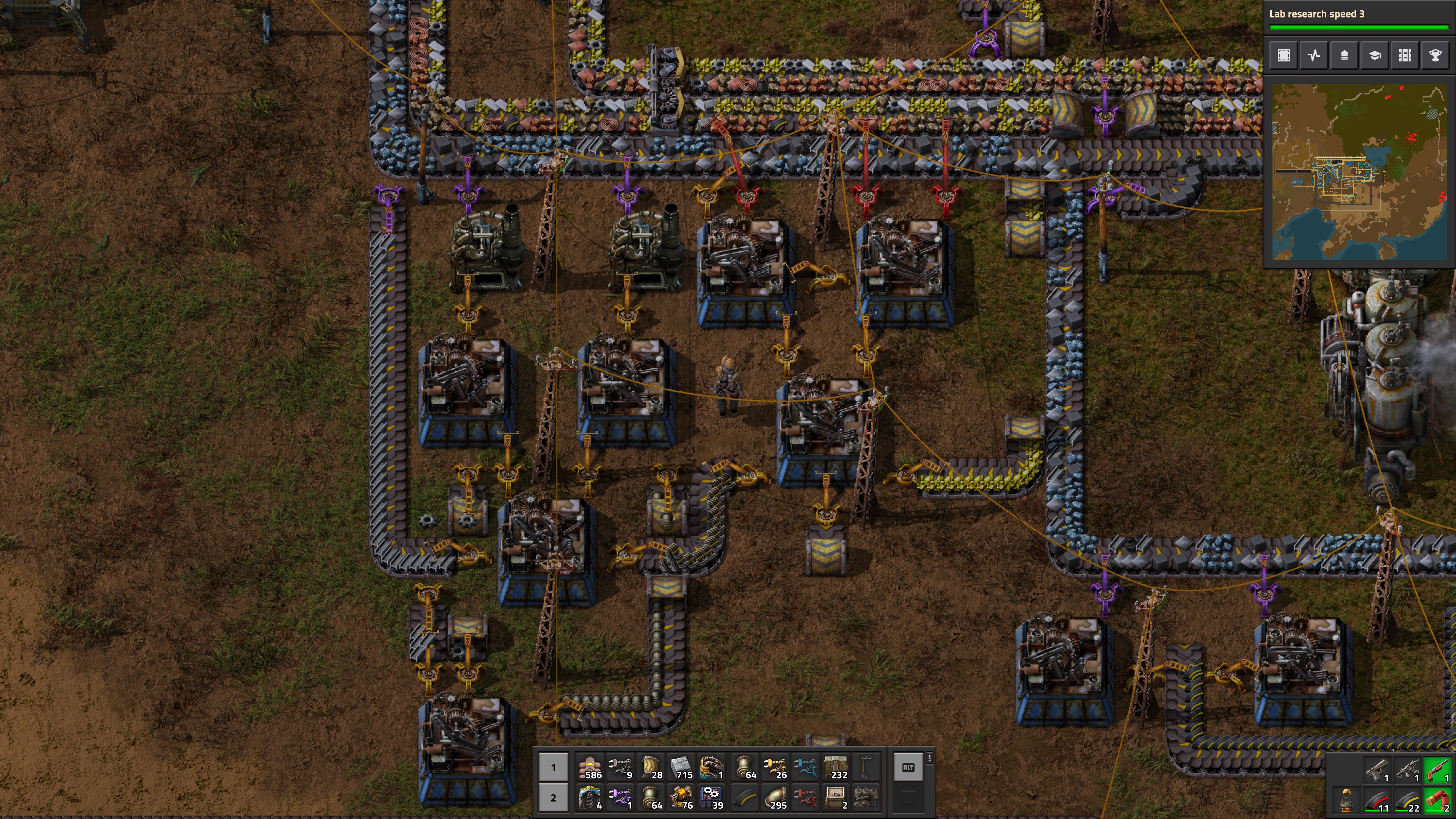
3. Factorio
Factorio is my favourite surprise game of 2020, which may sound odd if you’ve followed its Early Access developed for any of the last seven years. Unfortunately, my brain can be somewhat prejudiced toward experiences that sound boring, and a game where you build a factory definitely sounds boring.
A game where you build your own puzzles you must then solve, however? Now that’s interesting, and this is essentially what Factorio does. To build the rocket-ship you need to escape Factorio’s alien planet requires more resources, machines, and components than you could every produce manually. Instead, you need to build machines to automate these processes. So, you build assembly lines and connect them to bigger assembly lines, while figuring out how to make everything run in an efficient manner, as your factory grows in both size and complexity.
In this way, Factorio stimulates both the logical and creative parts of your brain at the same time, and this makes it utterly engrossing. Seriously, if you want something to keep yourself occupied over Christmas, there are few games that are as absorbing and rewarding.
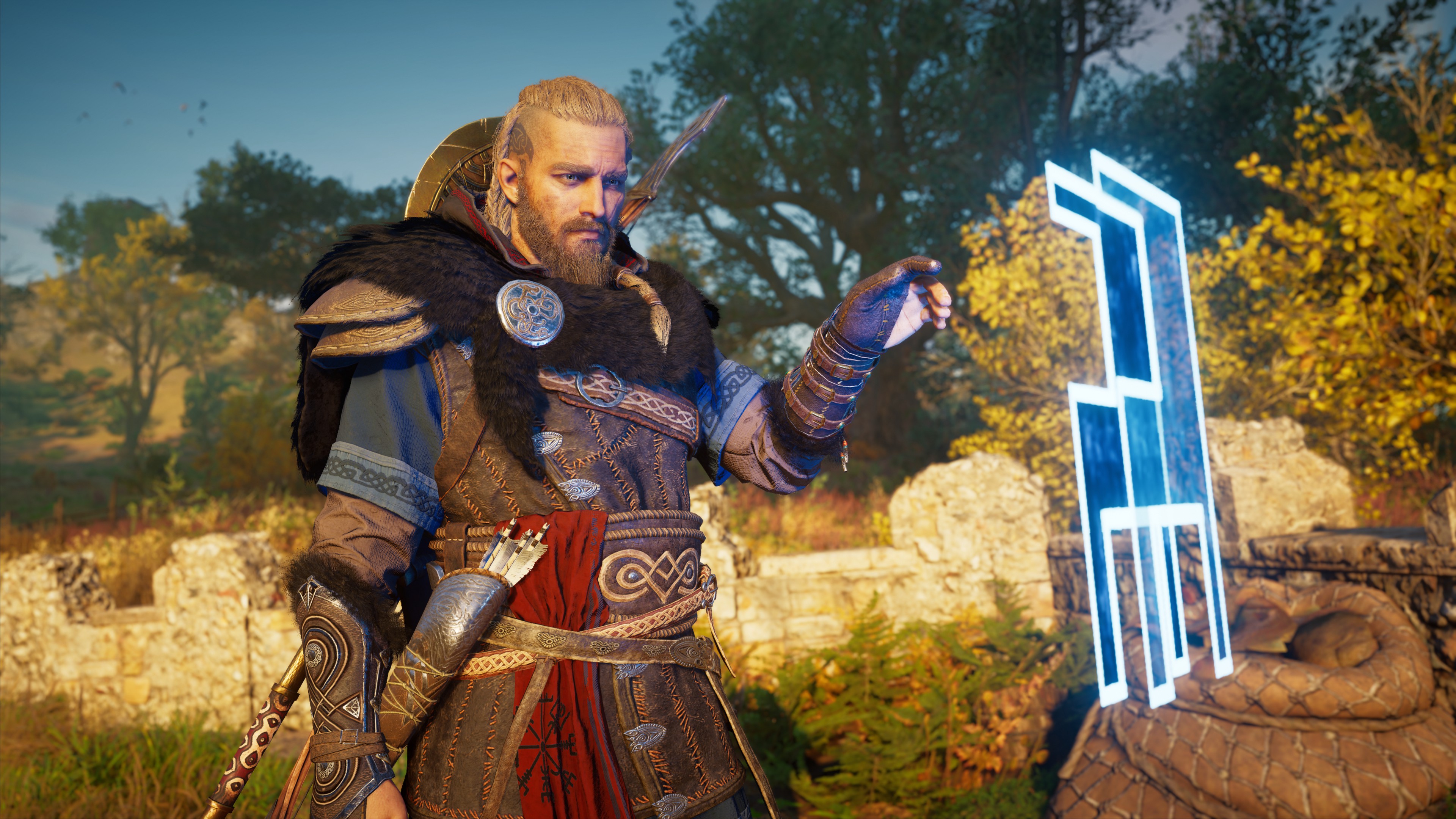
2. Assassin’s Creed Valhalla
Yes, Assassin’s Creed Valhalla is stupidly massive, a game that takes between four and seven hours to get to the damned title screen. Yet where Assassin’s Creed Odyssey was large but fairly scattershot, Valhalla is much better at meditating your experience, making everything you do feel either important or interesting.
At the core of this is the Settlement, your own Viking town that gradually expands and populates as you explore the many counties of England. The Settlement helps lend Valhalla’s grand and sweeping tale a personal touch, a place where your companions mingle and interact, letting you get to know them in a way that makes later events that much more gripping.
But it’s also a generally well-designed open world game, drip-feeding abilities and upgrades and surprises in a way that keeps you consistently engaged. Even its disposable “mysteries” are cleverly designed, blending various types of puzzles with miniature quest that range from the curious to the downright bizarre. Hands down the best Assassin’s Creed.
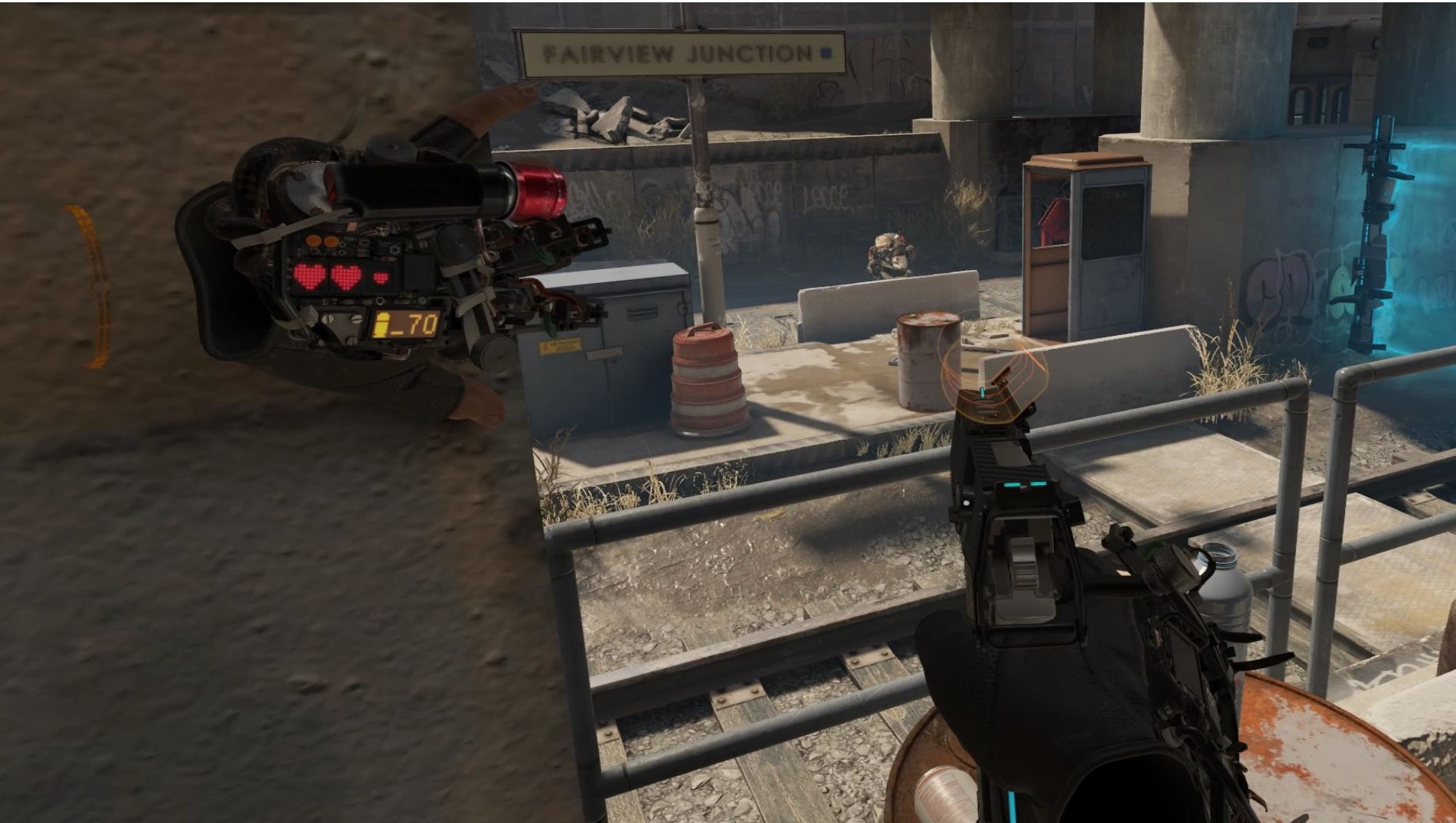
1. Half-Life: Alyx
Everybody wants Valve to finish Half-Life’s story, understandable given that Half-Life is in many ways the storytelling shooter. But Valve clearly want Half-Life games to have more than just a satisfying narrative. They want them to be a showcase of what the future of games might look like.
Half-Life: Alyx is exactly this, a full-blooded, bona-fide action game that takes a new technology and squeezes every drop of potential it can out of it. Its blend of combat and puzzles makes superb use of VR’s unique perspective and control scheme, from its deeply tactile weaponry to puzzles that require you to physically manipulate them.
At the same time, Alyx is a proper Half-Life game, with that typical mix of horror, action, humour, and brilliantly conceived set-pieces. Highlights include exploring a hotel that has been infested with Xen lifeforms, and navigating through an abandoned distillery while avoiding a creating simply known as “Jeff”.
Perhaps the most surprising element of Alyx is the ramifications it has for Half-Life as a series. Far from being restricted by its status as a prequel, Alyx thrives in it, brilliantly fleshing out City 17’s world and backstory prior to Gordon Freeman’s intervention, while it’s the game’s ending has significant ramifications for the story going forward. It’s a classic Valve move, giving you something you didn’t know you wanted, and making it feel essential.

MSI MPG Velox 100R Chassis Review
October 14 2021 | 15:04






Want to comment? Please log in.